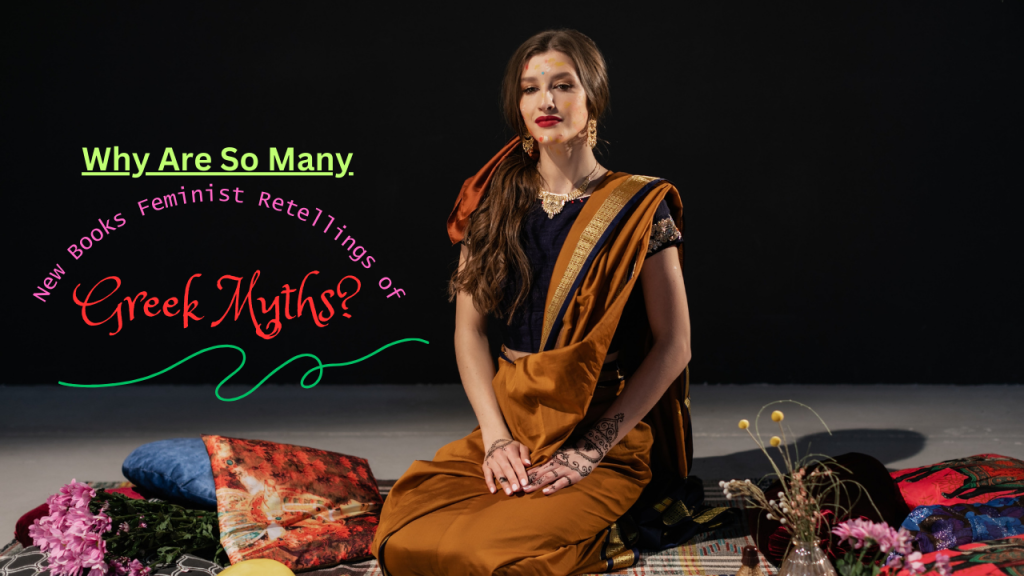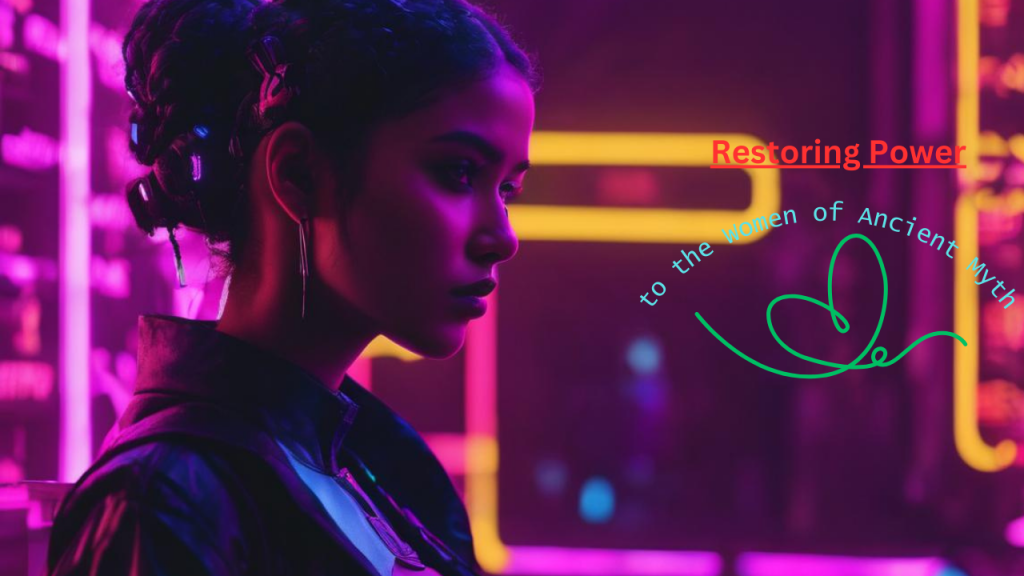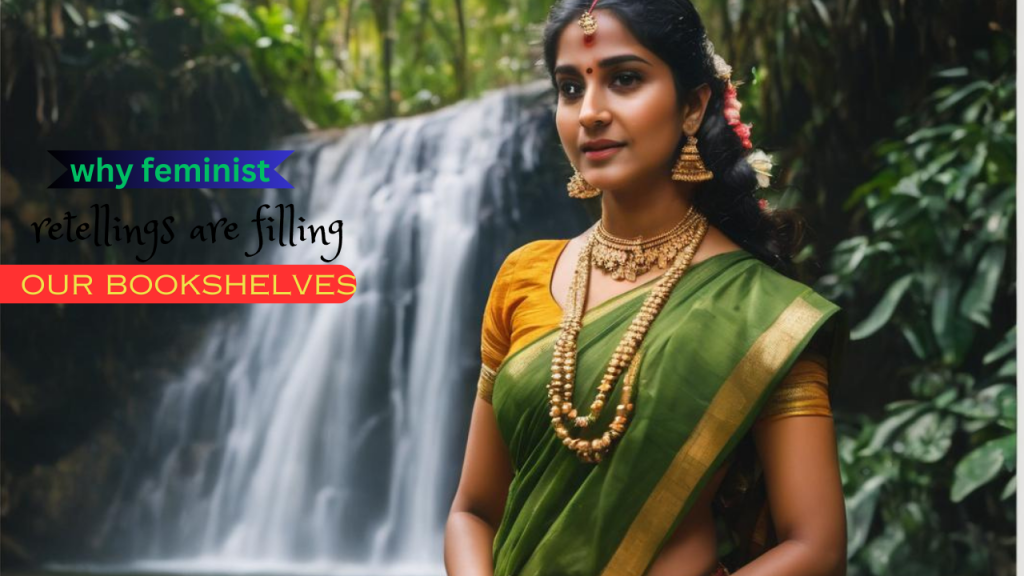STANLEY Quencher H2.0 Tumbler with Handle and Straw 40 oz Flowstate 3-Position Lid Cup Holder Compatible for Travel Insulated Stainless Steel Cup BPA-Free Rose Quartz 2.0
$27.00 (as of December 3, 2025 14:48 GMT +00:00 - More infoProduct prices and availability are accurate as of the date/time indicated and are subject to change. Any price and availability information displayed on [relevant Amazon Site(s), as applicable] at the time of purchase will apply to the purchase of this product.)Feminine Perspectives in Ancient South Indian Literature: A Glorious Tapestry
A Timeless Heritage
The ancient literature of South India is a treasure trove of diverse voices and perspectives. Amidst this rich literary tradition, the feminine perspective stands out as a powerful and evocative force. In this exploration, we delve into the portrayal of women and their perspectives in the ancient literature of South India.
Sangam Poetry: Celebrating Women

An Anthology of Emotions
Sangam poetry, a collection of classical Tamil poetry, is renowned for its exquisite portrayal of women. These verses depict women in a myriad of roles—mothers, lovers, warriors, and more. Their emotions, desires, and aspirations are vividly brought to life, revealing a deep understanding of the feminine psyche.
Powerful and Independent
Sangam poetry also celebrates the strength and independence of women. There are verses that depict women as resilient and self-sufficient, contributing to their families and society, thereby defying traditional gender roles.
Silappatikaram: The Epic Feminine Journey

Kannagi’s Saga
Silappatikaram, an epic Tamil literary work, is a poignant example of a strong and righteous feminine perspective. The central character, Kannagi, embodies justice and resilience. Her story unfolds as a tale of love, loss, and a relentless pursuit of justice, showcasing the strength and determination of a woman in ancient South India.
Chaste Wife and Avenging Goddess
Kannagi’s character transitions from being a chaste and devoted wife to a fierce avenging goddess. This transformation highlights the complexity of the feminine role and the deep emotional reservoir of women in ancient South Indian literature.
Ramayana and Mahabharata: Female Archetypes

Sita and Draupadi
The South Indian retellings of the Ramayana and Mahabharata often delve deeper into the emotional experiences of female characters. Sita’s trials and tribulations and Draupadi’s unwavering courage and dignity resonate with contemporary readers, making them timeless symbols of feminine strength.
The Legacy of Feminine Perspectives

Ancient South Indian literature has bequeathed to us an enduring legacy of feminine perspectives. These narratives provide insight into the multifaceted roles and emotions of women in a bygone era. They challenge stereotypes, elevate women as central figures, and celebrate their power and resilience.
In conclusion, the feminine perspectives in ancient South Indian literature are not mere words on parchment; they are a testament to the deep understanding and appreciation of women’s roles and experiences. These texts continue to inspire and empower, reminding us of the timeless relevance of the feminine voice in our literary and cultural heritage.



